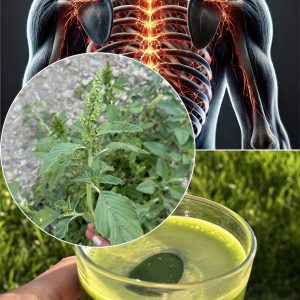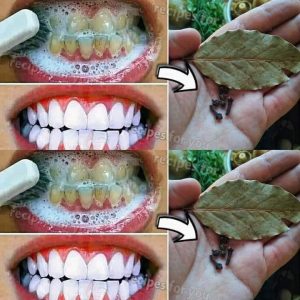Introduction :
Ginger is celebrated worldwide for its flavorful contribution to food and numerous health benefits, including anti-inflammatory properties and digestive aid. However, despite its popularity, ginger might not be suitable for everyone. Certain health conditions could react negatively to ginger, so it’s important to know when it might be best to avoid it.
Health Conditions That May Warrant Caution:
- Blood Disorders: Ginger is known for its ability to stimulate blood circulation, which is generally a good thing. However, for individuals with blood disorders like hemophilia, this effect can be problematic. Ginger might inhibit the blood’s ability to clot, potentially leading to excessive bleeding. If you’re dealing with a blood disorder, consult with a healthcare provider before adding ginger to your routine.
- Medication Interactions: Ginger can interact with certain medications, including blood thinners like warfarin and aspirin. This interaction increases the risk of bleeding. People on medications for high blood pressure or diabetes should also exercise caution, as ginger can affect insulin levels and blood pressure.
- Gallstones: Because ginger stimulates the production of bile, it might not be the best choice for those with gallbladder issues, such as gallstones. If you have gallbladder conditions, ginger consumption could exacerbate symptoms.
- Pregnancy Concerns: While ginger is often used to alleviate morning sickness, it should be used cautiously during pregnancy. High amounts of ginger can potentially increase the risk of miscarriage. Always check with a healthcare provider to determine a safe amount.
Sensible Use:
- Start with Small Amounts: If you’re unsure how ginger might affect you, start with small quantities. This can help you monitor how your body reacts without overwhelming it.
- Consult Your Doctor: Before integrating substantial amounts of ginger into your diet, especially if you have existing health issues or are on medication, it’s wise to talk to your doctor. They can provide personalized advice based on your health history.
Conclusion:
Ginger offers many benefits, but it’s not ideal for everyone. By understanding the conditions that might require you to limit or avoid ginger, you can better manage your health and prevent potential complications. Always consider professional advice and listen to your body’s responses when incorporating new elements into your health regimen.





